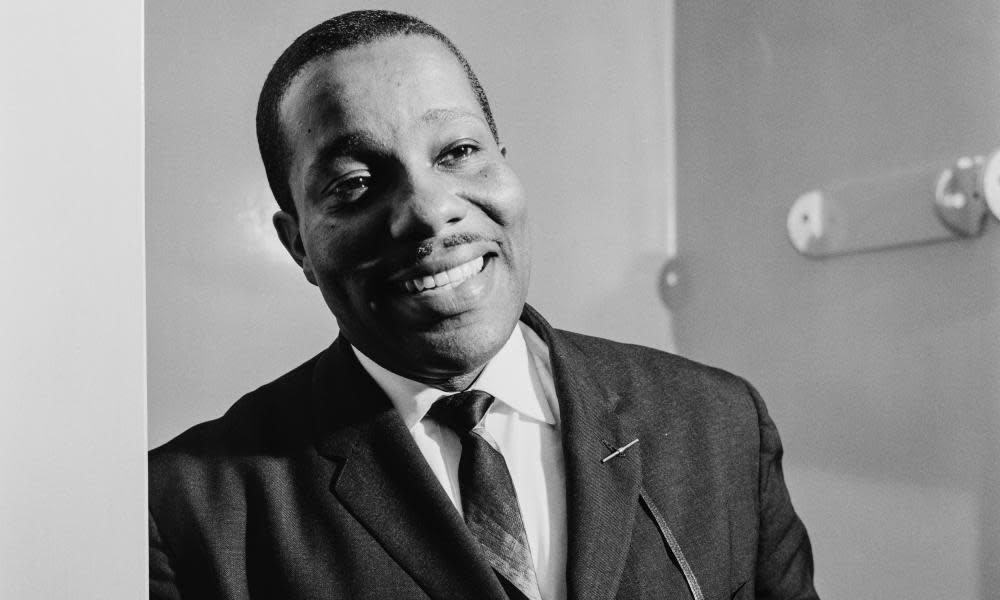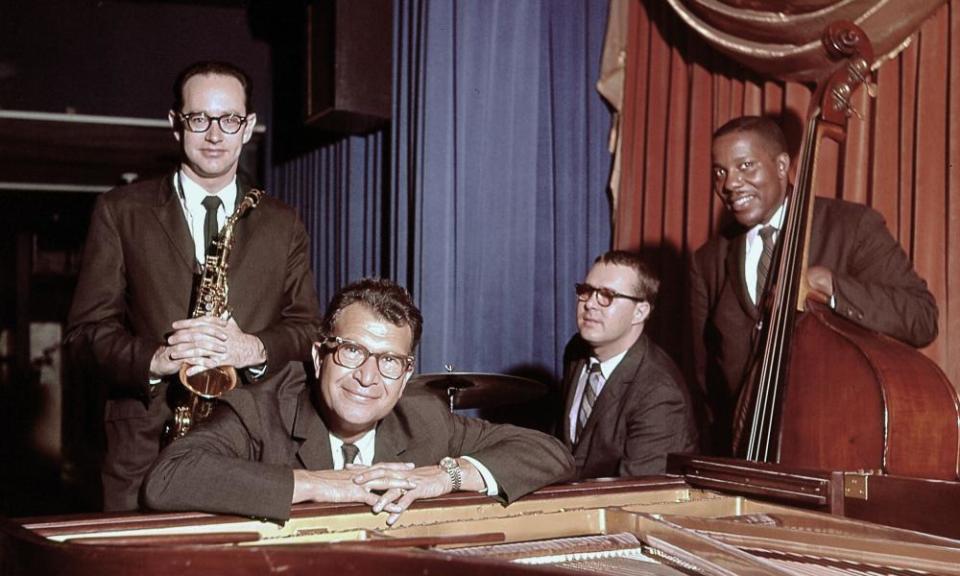Eugene Wright, bassist with classic Dave Brubeck Quartet, dies aged 97

Jazz bassist Eugene Wright, who was the last surviving member of the Dave Brubeck Quartet’s classic lineup, has died aged 97.
The Brubeck estate announced the news on Twitter, saying they were “deeply saddened” and added that he “remained a good friend and honorary uncle to the Brubeck family to the end”.
Wright, nicknamed The Senator in jazz circles, was born in Chicago in 1923, and first became proficient on cornet, leading the group Dukes of Swing as a young man. He then taught himself the bass and became even more successful at the peak of the swing era, earning slots under bandleaders including Count Basie and Erroll Garner. He also played with Billie Holiday and Charlie Parker, and displayed his versatility as the swing era ended, playing bebop with the likes of Sonny Stitt and Latin jazz with Cal Tjader. Wright was known for nimble soloing as well as providing rhythmic backing.

His most celebrated work, though, came with the Dave Brubeck Quartet from 1958 until 1968, alongside the bandleader on piano, Paul Desmond on alto saxophone and Joe Morello on drums. Wright played on Take Five, one of the most instantly recognisable tunes in jazz, as well as another classic, Blue Rondo à la Turk, and recorded more than 30 albums with the group.
Dave Brubeck himself wrote that Wright “grounded the group”, allowing them “to play other tempos and do polyrhythmic things and he wouldn’t budge from this grounded beat”.
Related: The best of Dave Brubeck – in video clips
Wright also performed in The Real Ambassadors, the Brubeck-penned jazz musical featuring vocals by Louis Armstrong and Carmen McRae. Set in the fictional African nation of Talgalla, it satirically explored the role of musicians as cultural ambassadors during the cold war, and the racism Black jazz musicians – including Wright – often endured in the US. When Wright joined the group, concert promoters baulked at hosting a Black musician alongside the rest of the white Brubeck quartet, but Brubeck would refuse to perform without him. The estate wrote on Twitter: “We remember the challenges Gene and the Quartet had to undergo in order to play at segregated universities on their US tours in the early 1960s.”
In his later life, Wright headed the jazz department at the University of Cincinnati and the International Society of Bassists.

 Yahoo News
Yahoo News 